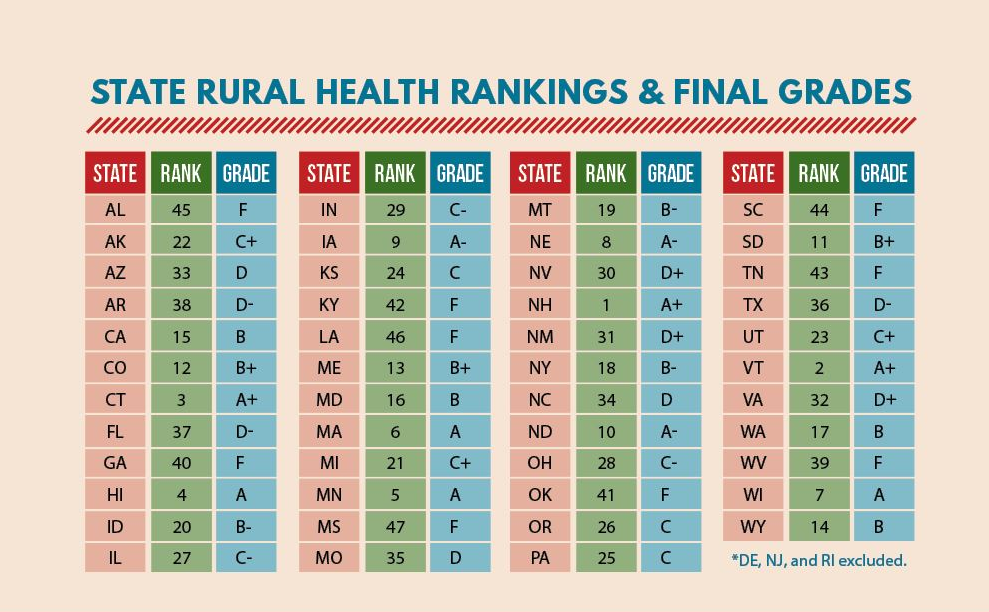The Texas Progressive Alliance marched in solidarity with women over the weekend, and stands shoulder to shoulder with them as the second year of the quest for equal rights, decent treatment, and fair consideration is a clear demonstration that they are twice as pissed off as last year.
Here's the lefty blog post and news round-up from last week.
Michael Li interprets the latest SCOTUS action on Texas redistricting.
G. Elliott Morris gives a short course in poll tracking.
Two weeks after Houston native Nathan Neblett became Tarrant County's elections administrator ... he's out, via PoliTex. Commissioners will address the vacancy in their meeting this week, but don't expect to tap a replacement before the March 6 primary.
DBC Green blog praised a couple of the Democratic candidates who spoke at Our Revolution Gulf Coast's quarterly meeting.
EgbertoWillies.com said that many Democrats seemed to have believed that because Trump is unpopular they would coast to a blue wave. Those who warned were attacked as pessimists; not reading the data objectively. The double-digit Democratic generic polling lead has evaporated. There is work to be done.
The Lion Star videotaped interviews with Gina Ortiz Jones and Judy Canales, two of the Democrats running in TX-23, and the Lewisville Texan Journal covered the debate between Will Fisher and Linsey Fagan, contending to challenge incumbent Republican Michael Burgess in TX-26. Here's an excerpt:
In These Times observes the pathetic reality of Houston being rebuilt post-Harvey on a foundation of immigrant labor ... and theft of their wages.
jobsanger finds merit-based immigration to be a bad idea, hurting workers by depressing wages, thereby helping corporations.
Texas Standard -- linking to the Statesman -- asks if the state ought to be insuring its $7.4 billion (guesstimated worth) of property, rather than self-insuring it as is currently done.
Michael Barajas of the Texas Observer reports on a lawsuit questioning the conduct of Port Arthur police and the staff of a hospital there after a mentally ill patient wound up dead for refusing to take off his underwear. And in an ongoing examination of the challenges facing rural Texans, Christopher Collins finds that if they want decent health care, they'd be best off self-deporting to New Hampshire.
Better Texas blog has an update on the Lege's efforts to stabilize the individual health insurance market (better known as the Affordable Care Act).
Socratic Gadfly has some thoughts on the nuances of universal healthcare, Medicare for All, co-pays, and the positions on all of those of Beto O'Rourke and Tom Wakely.
Stuart Williams urges Texas Democrats to compete in rural areas.
Neil at All People Have Value shared a picture from the weekly John Cornyn Houston office protest, held each Tuesday at 11:30 am to 1 pm, at 5300 Memorial Drive.
And Harry Hamid has been ill long enough as to be hallucinating.
Here's the lefty blog post and news round-up from last week.
Michael Li interprets the latest SCOTUS action on Texas redistricting.
G. Elliott Morris gives a short course in poll tracking.
Two weeks after Houston native Nathan Neblett became Tarrant County's elections administrator ... he's out, via PoliTex. Commissioners will address the vacancy in their meeting this week, but don't expect to tap a replacement before the March 6 primary.
DBC Green blog praised a couple of the Democratic candidates who spoke at Our Revolution Gulf Coast's quarterly meeting.
EgbertoWillies.com said that many Democrats seemed to have believed that because Trump is unpopular they would coast to a blue wave. Those who warned were attacked as pessimists; not reading the data objectively. The double-digit Democratic generic polling lead has evaporated. There is work to be done.
The Lion Star videotaped interviews with Gina Ortiz Jones and Judy Canales, two of the Democrats running in TX-23, and the Lewisville Texan Journal covered the debate between Will Fisher and Linsey Fagan, contending to challenge incumbent Republican Michael Burgess in TX-26. Here's an excerpt:
Probably the most interesting moment of the debate came much later when they were asked about the other side of the 2016 ticket. Both candidates strongly supported Bernie Sanders in a Democratic primary race that has been called into question by Sanders supporters and some party officials. The issue remained contentious among Democrats nationally right up until the general election. (Ed. note: The issue remains contentious; legally so.)
Fisher said he pivoted, vocally supported Clinton and proudly voted for her. Fagan said she cast a write-in ballot for Sanders. She referred to the DNC as a threat to democracy.
“You guys could boo me, I would want to boo myself,” she said. “But I was part of that group that said, ‘I’m done. I’m done with politics. I don’t trust any of these people. These people don’t care about me. They don’t care about my voice. My voice is being superceded by superdelegates, it doesn’t matter anyway.'”
In These Times observes the pathetic reality of Houston being rebuilt post-Harvey on a foundation of immigrant labor ... and theft of their wages.
jobsanger finds merit-based immigration to be a bad idea, hurting workers by depressing wages, thereby helping corporations.
Texas Standard -- linking to the Statesman -- asks if the state ought to be insuring its $7.4 billion (guesstimated worth) of property, rather than self-insuring it as is currently done.
Michael Barajas of the Texas Observer reports on a lawsuit questioning the conduct of Port Arthur police and the staff of a hospital there after a mentally ill patient wound up dead for refusing to take off his underwear. And in an ongoing examination of the challenges facing rural Texans, Christopher Collins finds that if they want decent health care, they'd be best off self-deporting to New Hampshire.
(click to enlarge)
Texas and other Southern states are home to small-town doctor shortages, skyrocketing rates of preventable disease among rural residents and some of the highest uninsured rates in the nation, according to a new report that places Texas’ rural health care failings in a national context for the first time.
The “report card,” published last month by researchers at Texas Tech University’s F. Marie Hall Institute for Rural and Community Health, examines each state’s rural health care in terms of mortality, quality of life and access to care. Texas was slapped with a grade of “D-” and ranked 36th out of 47 states (New Jersey, Delaware and Rhode Island were not included in the analysis for lack of rural counties). Among other factors, Texas was dinged for high rates of death from heart disease and stroke in rural areas.
Better Texas blog has an update on the Lege's efforts to stabilize the individual health insurance market (better known as the Affordable Care Act).
Socratic Gadfly has some thoughts on the nuances of universal healthcare, Medicare for All, co-pays, and the positions on all of those of Beto O'Rourke and Tom Wakely.
Stuart Williams urges Texas Democrats to compete in rural areas.
Neil at All People Have Value shared a picture from the weekly John Cornyn Houston office protest, held each Tuesday at 11:30 am to 1 pm, at 5300 Memorial Drive.
And Harry Hamid has been ill long enough as to be hallucinating.









